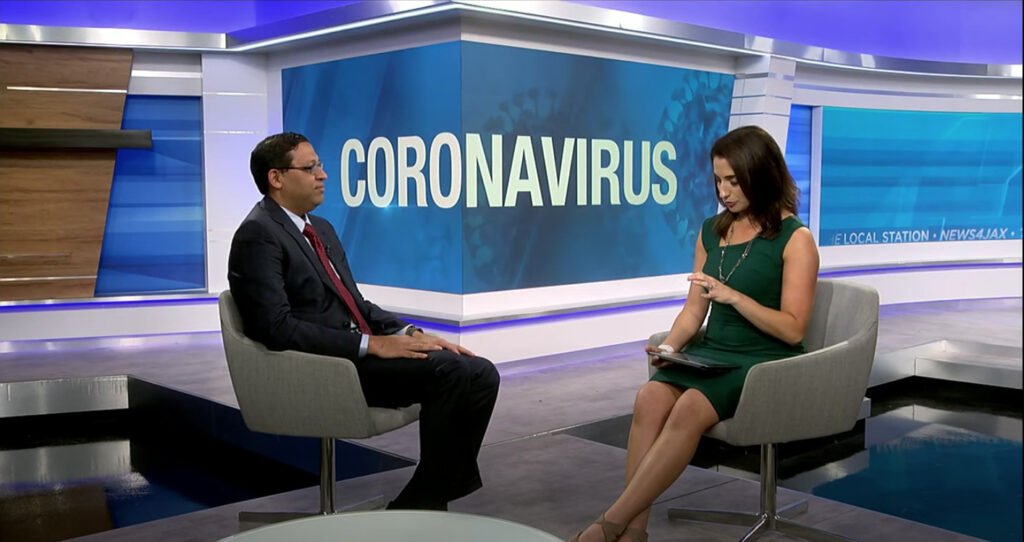Over the weekend, TriageLogic’s Dr. Ravi Raheja spoke with News Channel 4 about the recent uptick in teen sickness due to COVID-19, addressed parent concerns, and offered precautions that families can take to protect themselves.
What factors could be at play for a rise in cases?
New strains may be making it easier for the virus to spread, as we’ve seen happen in other countries. Because many businesses have started to reopen at total capacity, federal and state guidelines have been relaxed, and more of the population has become vaccinated, we’re seeing many people meeting together in person again, potentially fueling infection and spread.
Are teenagers eligible to receive a vaccine?
Currently, Pfizer has the only vaccine authorized by the FDA for use in children 12 years old and up, and Moderna is anticipating approval on theirs soon. Studies on vaccine efficacy in younger age groups six (6) months and above are also expected to be complete by October of this year.
What are the main concerns from parents?
Some parents are worried about reports of heart inflammation in teenage vaccine recipients. While the medical community is certainly keeping an eye on these occurrences, the reality is that there have been 250 cases out of millions of administered doses, so the risks don’t outweigh the benefits.
There has also been a prevailing misconception that children don’t get sick from COVID. Similar to the pushback the US witnessed when the chickenpox vaccine first came out, some parents believe that children are less susceptible to infection or that they’ll develop natural immunity, both of which are untrue.
Finally, there remains a great deal of vaccine hesitancy from the simple fact that it’s new.
What precautions should children under 12 years of age be taking?
Physically distance. While face masks can undoubtedly help, they aren’t a substitute for staying six (6) feet away from others to prevent airborne transmission.
What should parents do if they have questions or concerns?
Two of the best websites we’ve seen for guidance include the CDC and Healthychildren.org.
It’s also important to learn whether your healthcare provider has nurse triage support to address any health-related questions, from specific symptoms that a family member may be experiencing to general knowledge about the pandemic and how to keep loved ones safe. Nurses can walk callers through the appropriate steps to take, whether symptoms are cause for concern and whether the ER or home care is recommended.
We are currently offering free nurse triage protocols to those providers who don’t have the most updated versions to address COVID-19.





